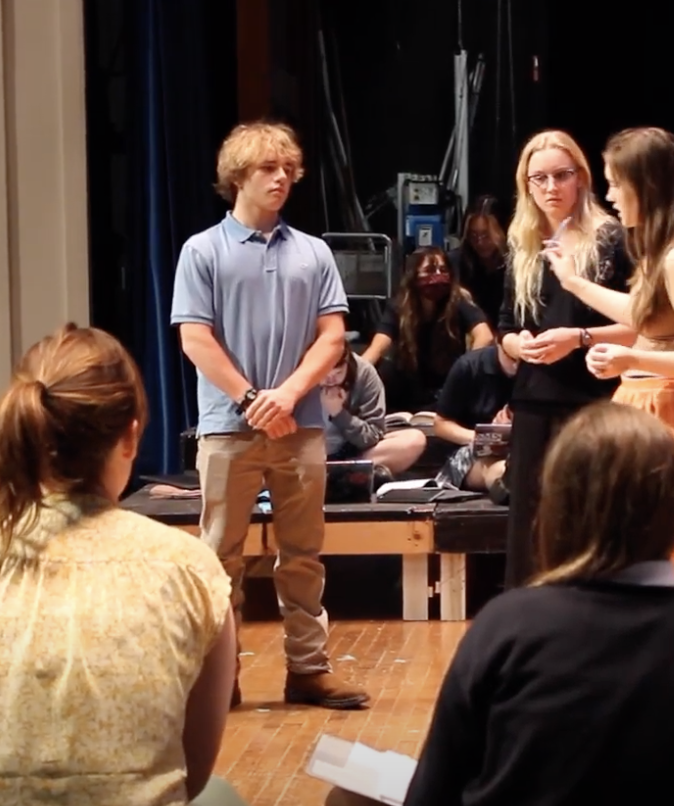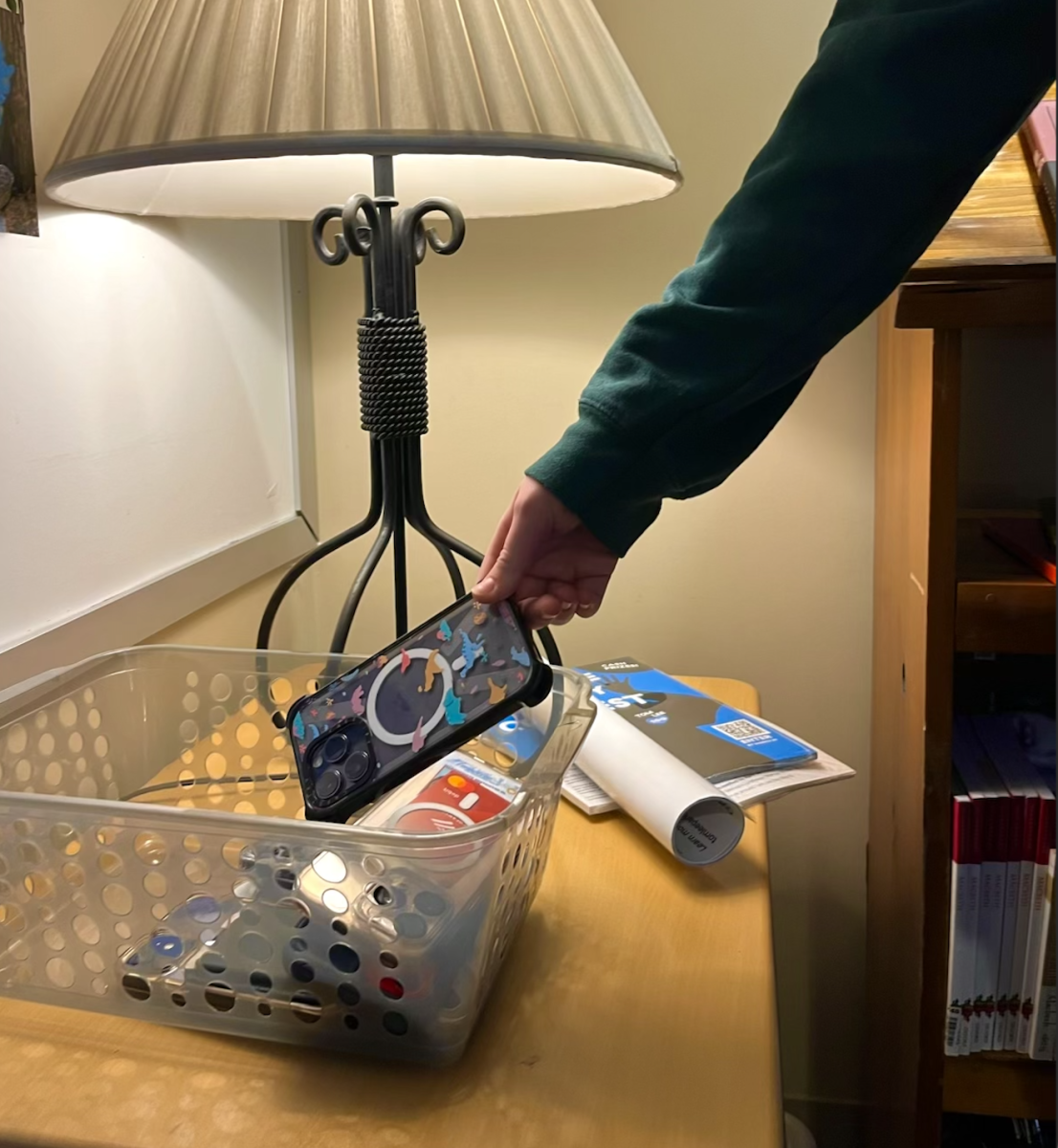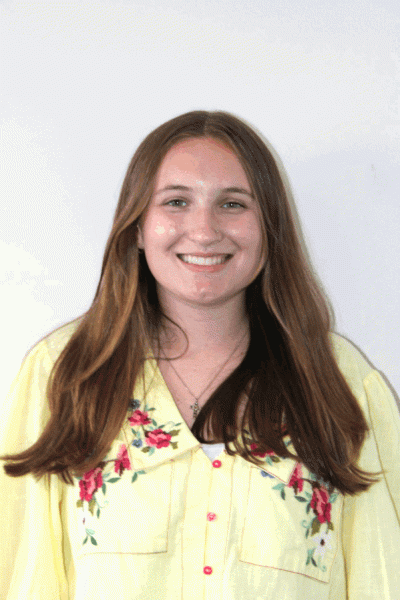The buzzing, ringing, chiming and dinging of cellphones will become rare sounds next school year.
Cellphones are officially going to be prohibited during the school day for grades six to 11 starting at the beginning of the 2025-26 school year.
Seniors will have a slightly different policy as they will be allowed to use their phones, but only while in the Senior Den.
While the limitation of phone use is guaranteed, many details of the policy are yet to be finalized. Administrators and teachers in the upper school phone policy working group are still considering how to enforce the policy, what exceptions are necessary and which specific devices such as smartwatches should or shouldn’t be allowed.
For now, Head of School Albert Throckmorton said Yondr pouches, magnetic phone-locking bags, are looking like a real possibility. Students would lock their phones in the pouches in the morning, carry the pouch with them throughout the school day and unlock their phones using a magnet as they left.
“[With the Yondr pouch], you’re not worried about somebody taking your phone or something like that,” Throckmorton said. “If there were ever a catastrophe, you can cut open your Yondr pouch and get your phone back.”
Overall, the new phone policy aims to protect the mental health of students during school hours, according to Throckmorton. By decreasing phone usage, the school aims to decrease the negativity spread online that causes stress during the day.
“[The policy] really is about general health,” Throckmorton said. “We recognize the effects of being immersed in your phone and social media all day. It’s probably buzzing and dinging and telling you things and giving you reasons to be upset, happy or distracted. This adds another curriculum that we’re being asked to manage.”
Many other schools around the country have already introduced updated phone policies. Currently, at least 19 states have passed laws banning or restricting students’ cellphones in publicly funded schools. Other Memphis private schools including Hutchison School and St. Benedict at Auburndale restricted phone usage at the start of the 2024-25 school year.
A year later, St. Mary’s is implementing a new phone policy of their own. Throckmorton attributes the year-long wait to a longer research period compared to other schools, which dedicated more time to education on the topic and consultation with community stakeholders.
“We’ve had faculty work groups on this, we’ve had parent book clubs on this, and we’ve had the AP Psychology [students] do the research,” Throckmorton said. “We’ve been trying to look at other things and just do all our due diligence on it.”
One of the AP Psychology students involved in these conversations was junior Elizabeth Scott, who presented the students’ perspective on phone policies to the administration, following a survey of the student body. She said students’ opinions were roughly split on having increased restrictions on phones.
For herself, Scott is concerned that the new ban may interfere with students learning how to regulate their phone usage before they go to college.
“I think that it’s ultimately doing us a disservice if you’re not even teaching anyone how to regulate phones for themselves,” she said. “We want St. Mary’s to be a good, healthy, flourishing community, and if no phones is the way to do that, cool. But how are we going to be able to be members of a flourishing, successful community later, if we’re like, ‘oh my gosh, what is this? I can be on my phone all the time’ instead of learning how to regulate it now.”
In addition to students, the phone policy focus groups included discussions with teachers. Emily Metz, upper school history teacher, participated in these conversations and raised concerns about students’ relationship with their phones and what teachers’ role in the enforcement of a policy would be.
“I am concerned about how distracted the girls are when they have access to their phones,” she said. “Phones are a hindrance to the academic day, and administrators were very concerned about not making teachers’ lives harder, not giving teachers one more task to do.”
Parents were also part of the discussions leading to the new policy. One of the objections to the phone policy arose from parents concerned for the safety of their children in the case of dangerous situations.
Throckmorton said he feels that the policy will instead improve security on campus.
“Our security plans depend on being able to keep students quiet, safe and calm, and in many ways, hidden,” Throckmorton said. “It is counterproductive to our security efforts if everyone is picking up their cellphone and not listening to the teacher’s instruction, and parents are flooding to the school prematurely.”
Throckmorton said he welcomes the conversations and responses that may stem from the now-official new phone policy.
“Everyone is entitled to their reaction and their opinions about [the phone policy],” Throckmorton said, “ I hope that anyone who really is concerned about it will do the research or … talk to people at other schools and see how it works.”




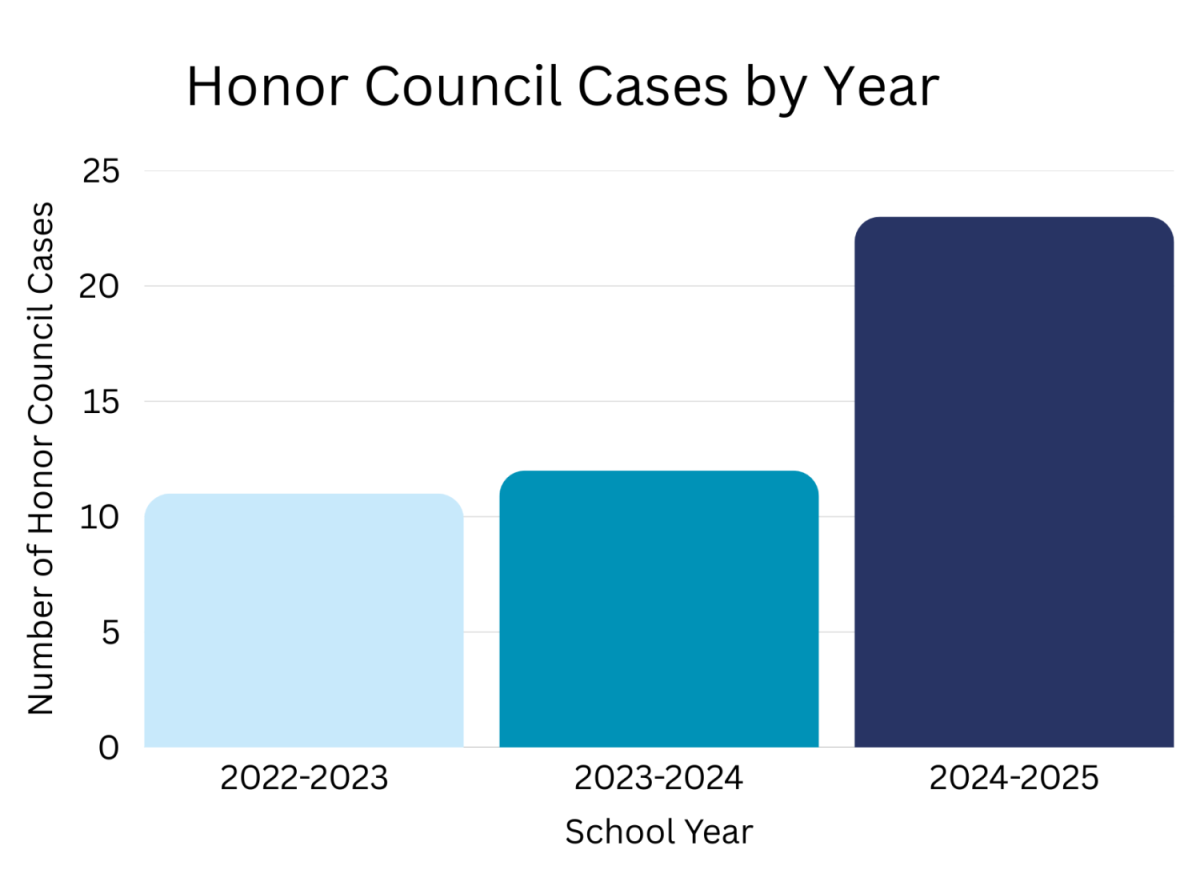
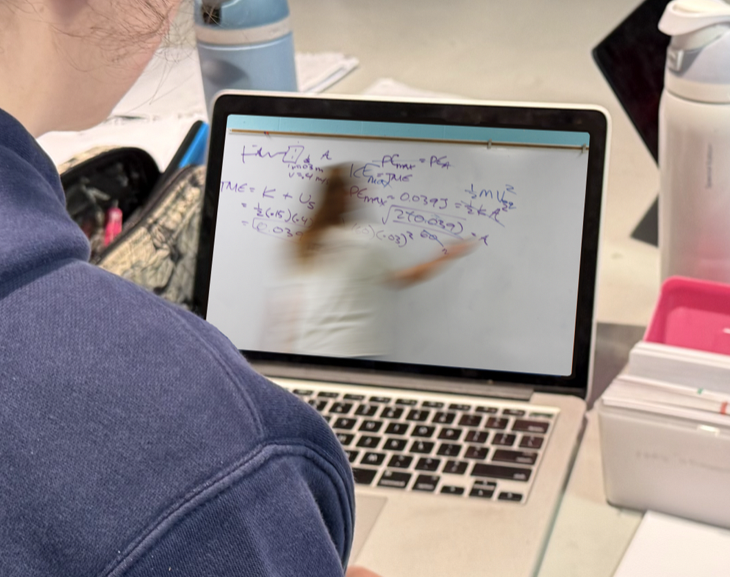



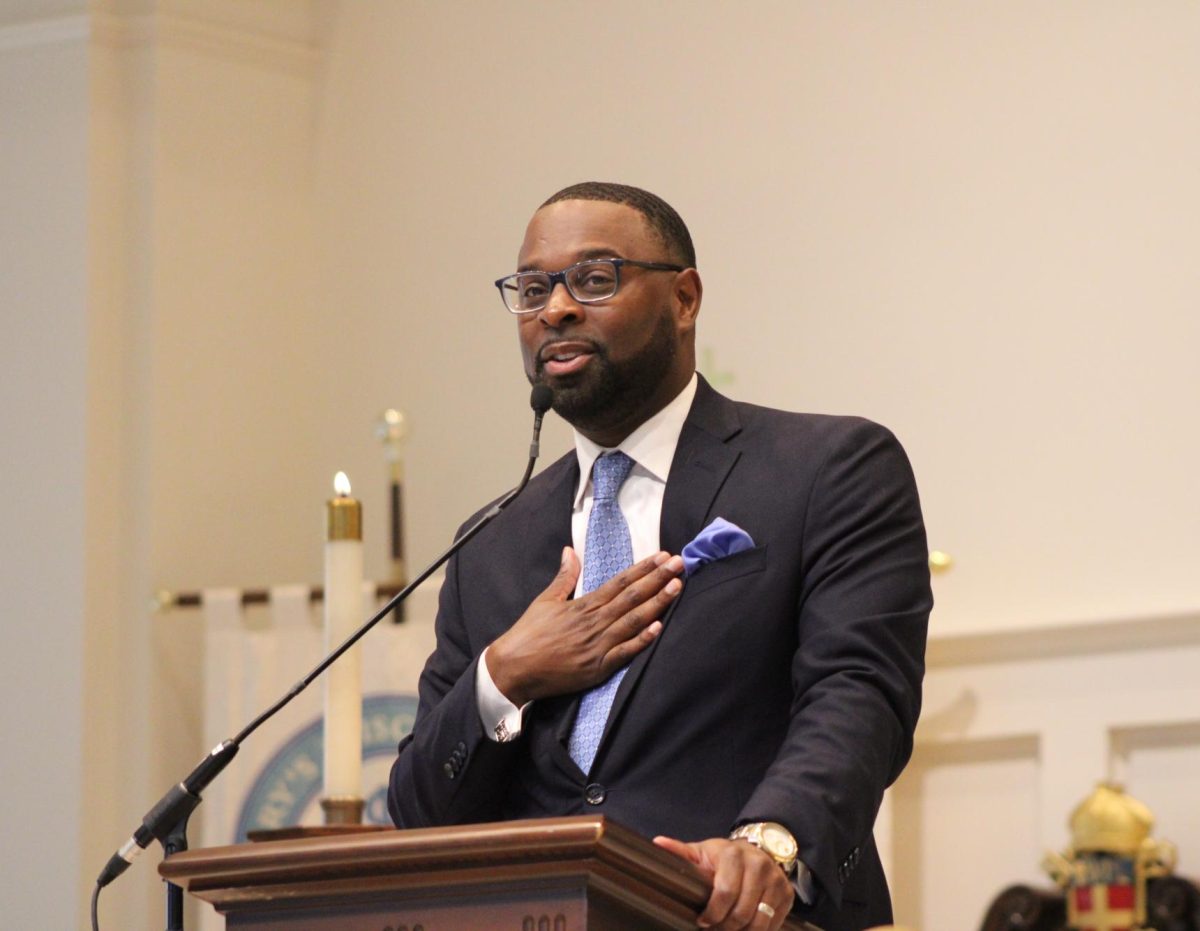
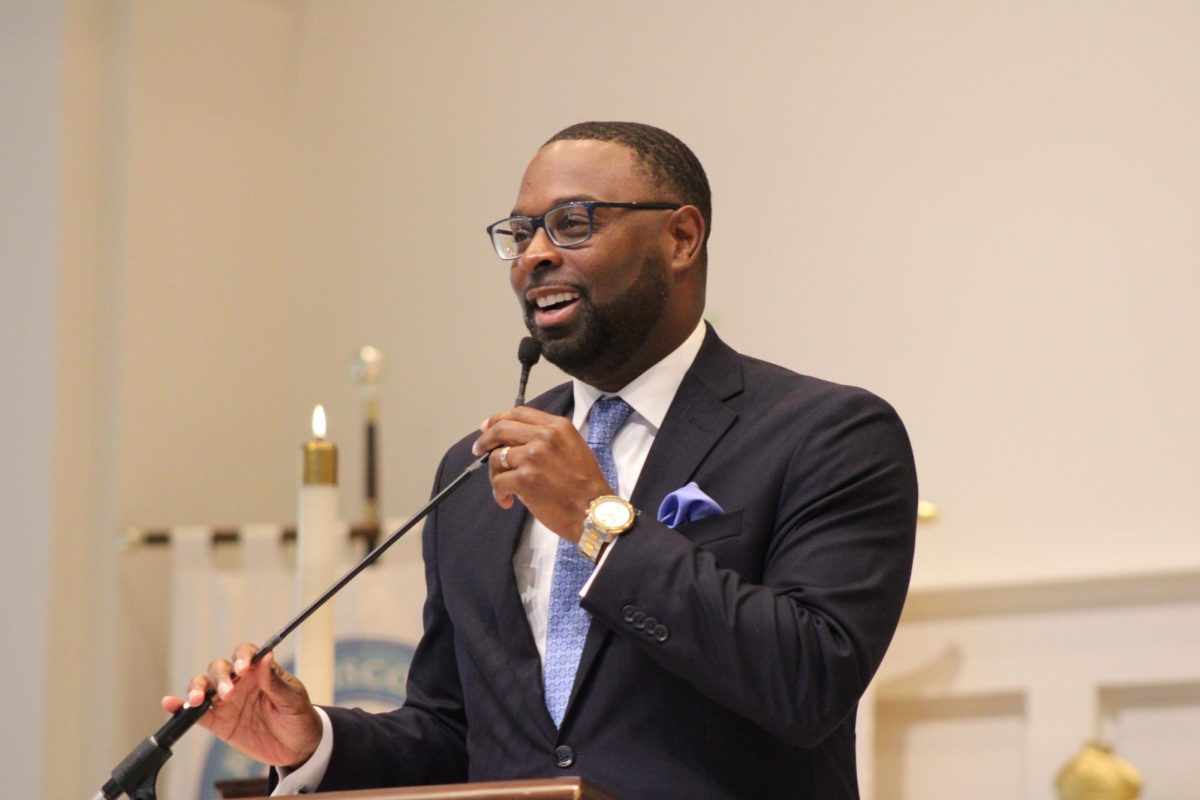




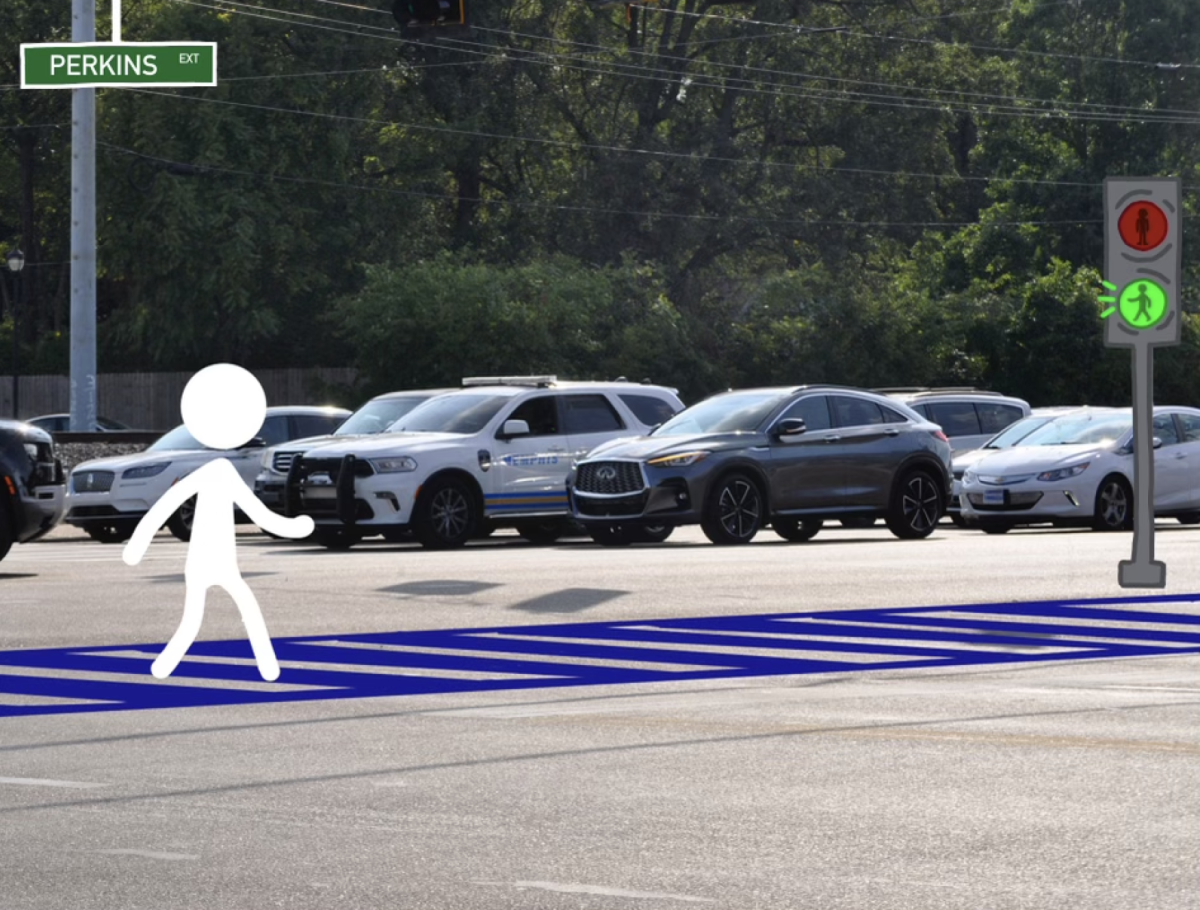









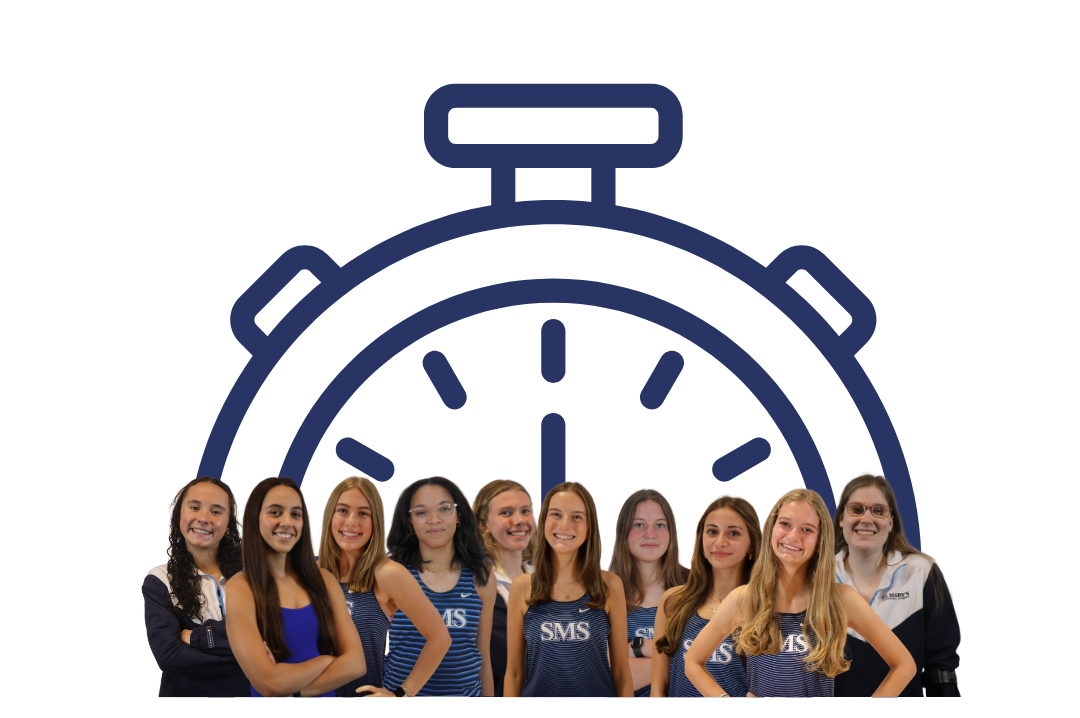

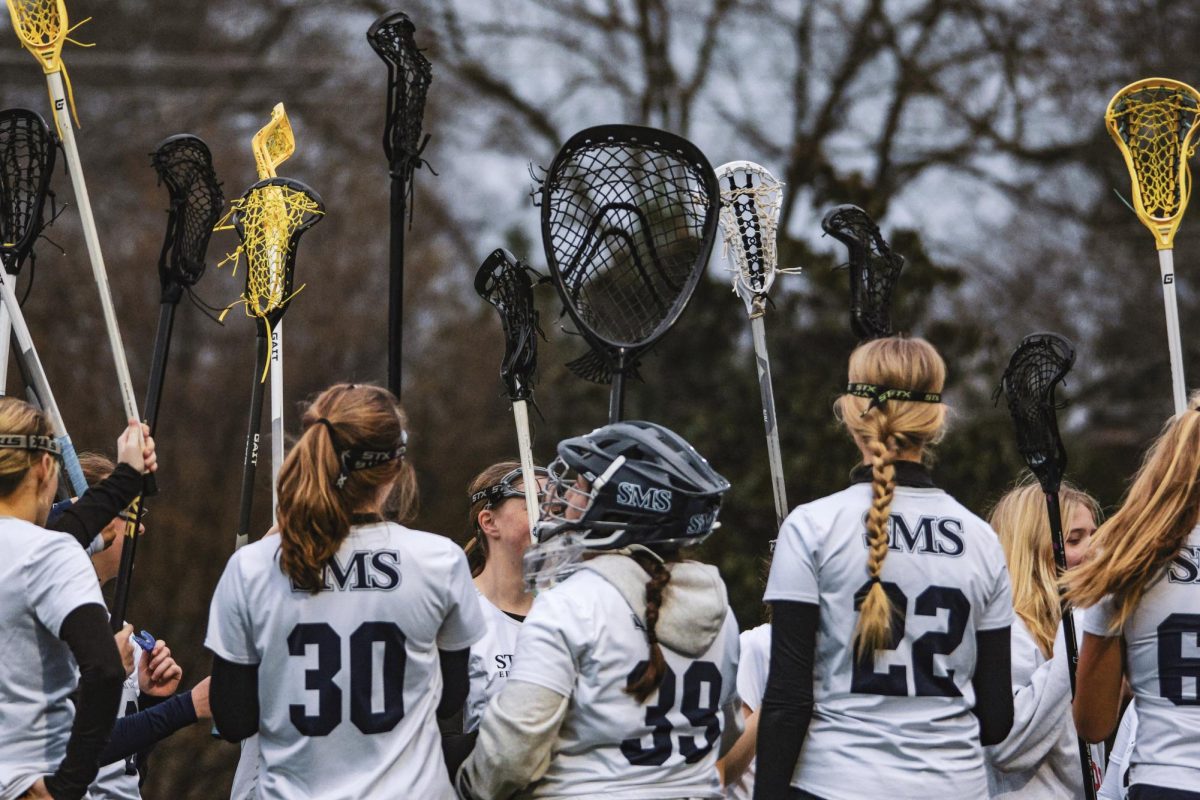
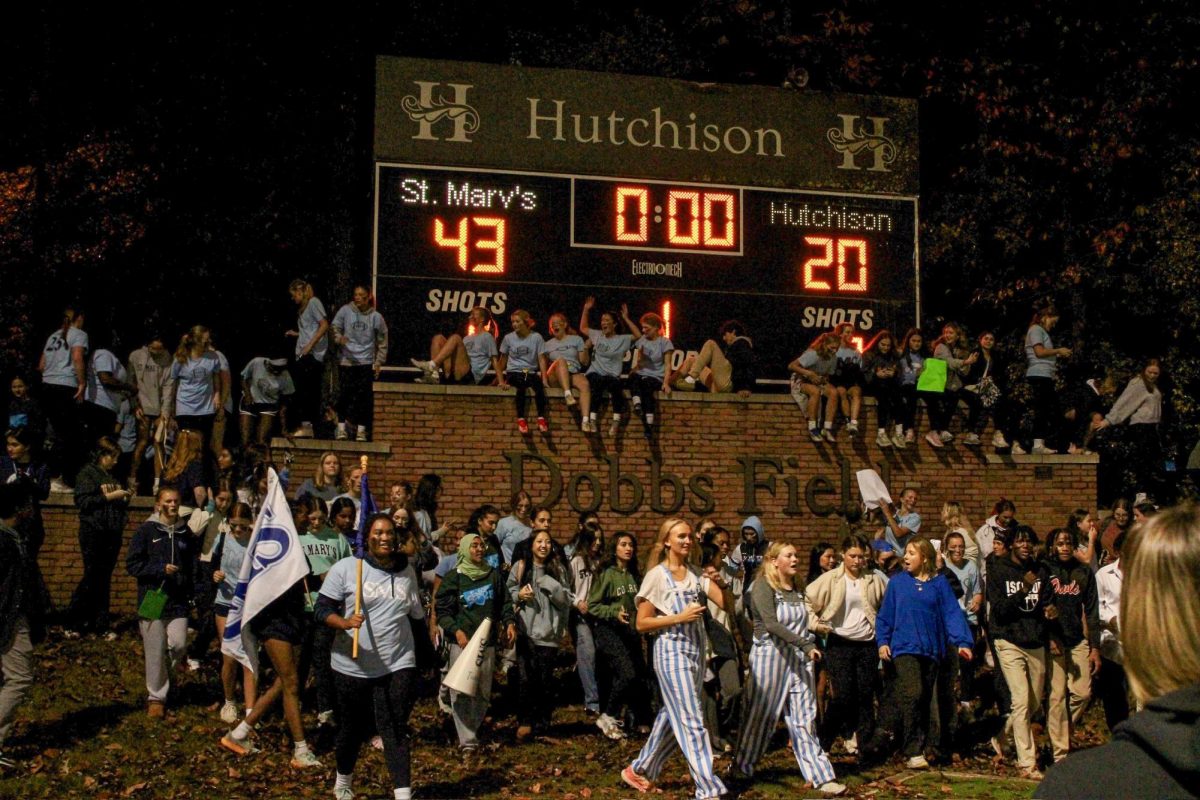
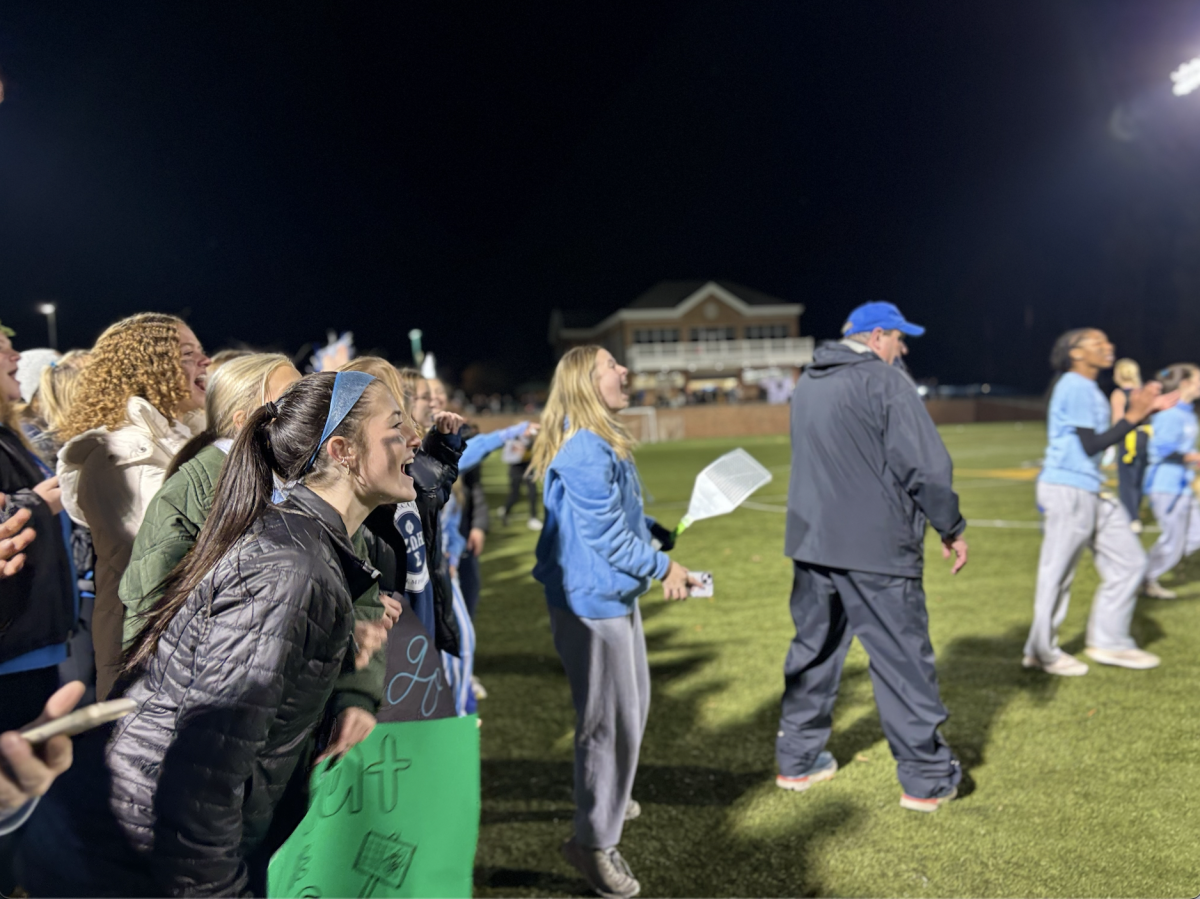

![[GALLERY] Walking in (Downtown) Memphis](https://stmarystatler.org/wp-content/uploads/2024/04/E1DAD3FE-E2CE-486F-8D1D-33D687B1613F_1_105_c.jpeg)









